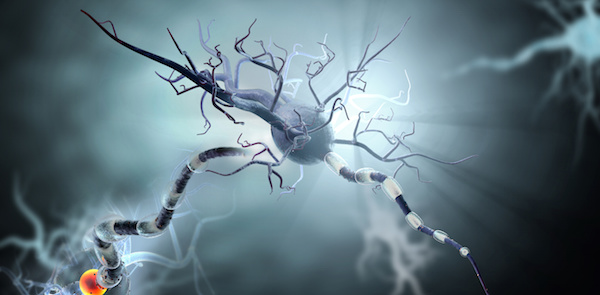MONDAY, April 29 (HealthDay News) — For the more than 3 million Americans living with traumatic brain injury, there is often an unspoken problem: Many suffer from sexual dysfunction, something that is easily overlooked as patients struggle with overwhelming physical and emotional issues that can last for years, new research has found.
The sexual difficulties usually become most apparent about six months after the injury and, if left unaddressed, worsen with time, said study author Jhon Alexander Moreno, a researcher in neuropsychology at the University of Montreal.
The cause of the injury can also influence whether a person will struggle with sexual problems, Moreno said. “The psychological stressors that an athlete or a soldier faces are quite different, so a traumatic brain injury with the same severity can lead to different sexual difficulties.”
Traumatic brain injury (TBI) is the result of an external force that traumatically injuries the brain. It can be caused by a penetrating injury, such as a bullet or flying metal, or a blow to the head, from something such as a car accident or a forceful tackle on the football field.
The review, which was published in NeuroRehabilitation: An International Journal, analyzed the results of 14 studies that together included almost 1,500 patients, spouses, partners and people without TBI, as well as rehabilitation professionals reporting on their experience with these patients.
The study found that 50 percent to 60 percent of people with TBI have sexual difficulties, such as reduced interest in sex, erectile dysfunction, pain during sex, difficulties in vaginal lubrication, difficulties achieving orgasm or staying aroused, and a sense of diminished sex appeal, Moreno said.
The research found that partners of those with TBI experienced personality and emotional changes, and a modification of family roles that can lead to a crisis, Moreno said. “For the spouse, the survivor becomes a different person, a person they do not recognize as the one they fell in love with in the past,” he said. “The spouse becomes a caregiver and this imbalance in the relationship directly affects sexual desire.”
Marital separation rates can be as high as 78 percent among people with TBI, Moreno said.
The research also showed that people with TBI commonly experience thinking problems, depression, anxiety and changes in body image. Some of their medications — such as blood-pressure drugs, antidepressants, stimulants and anticonvulsants — can lower sex drive and cause other physical and mental problems. Some develop personality changes, such as reduced social skills and trouble knowing what is inappropriate to say or do with others, the study found.
Yet experts said sexual issues associated with TBI don’t get much attention from physicians and rehabilitation professionals.
“It’s not something that’s really dealt with acutely or soon afterwards,” said Kenneth Podell, co-director of the Methodist Concussion Center in Houston. “When the patient goes home, the focus is still on primary things. Then, as people are settling into their routine, that’s where [the problems] seem to be popping up.”
The sexual problems that people with TBI experience are so intertwined with the complex psychological and social aftereffects of the injury that patients need a more holistic approach to rehabilitation, Moreno said.
“Yet most places don’t have a multi-disciplinary approach to TBI; Methodist [Concussion Center] does not have it,” Podell said. “You find [multi-disciplinary teams] in certain rehabilitation hospitals or centers, and yet even then you’re getting a neurologist, a psychologist, a speech pathologist — but you don’t necessarily have a sex therapist.”
Podell said most studies reviewed in the research included only those with moderate and severe TBI, which he said could make the problems associated with TBI — including sexual dysfunction — appear more common than they actually are. He emphasized that not everybody with TBI develops complicated problems. “TBI is very dose-dependent,” he said. “A mild TBI produces mild deficits, a moderate TBI produces moderate deficits and a severe TBI produces severe deficits.”
How certain factors affect a TBI patient’s ability to recover — such as gender, cause of injury, sexual orientation, socioeconomic status and culture — still needs to be explored, Moreno said.
More information
Learn more about traumatic brain injury from the U.S. Centers for Disease Control and Prevention.

